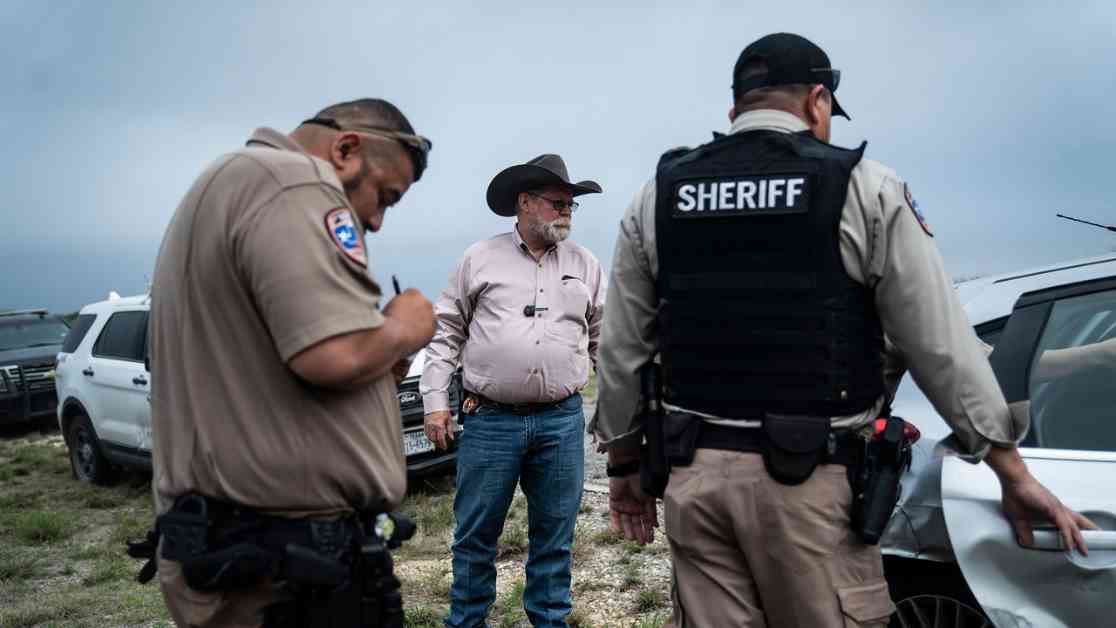Sheriffs’ Role in Trump’s Deportation Strategy: A Critical Examination
In a bold move that could reshape the landscape of immigration enforcement, President Donald Trump has put forth a plan for mass deportation, a promise that has been a cornerstone of his political platform. Central to this strategy is the involvement of local law enforcement, particularly county sheriffs, who are set to play a pivotal role in carrying out this ambitious agenda.
The Historical Context
The roots of this shift in immigration enforcement can be traced back to the 1996 Illegal Immigration Reform and Immigrant Responsibility Act signed by President Bill Clinton. This legislation expanded the scope of criminal charges that could lead to deportation, effectively linking immigration enforcement with the criminal justice system. As a result, local law enforcement, including county sheriffs, began to take on a more significant role in the deportation process.
The Rise of Sheriffs in Immigration Enforcement
Sheriffs, with their broad jurisdiction and relative autonomy, have become key players in identifying and detaining individuals for deportation proceedings. Programs like Secure Communities and 287(g) have empowered sheriffs to act as de facto immigration agents, leading to an increase in deportations, including individuals charged with minor offenses.
Challenges and Controversies
While sheriffs wield significant influence in their communities, their involvement in immigration enforcement has sparked debates and controversies. Critics argue that this approach raises concerns about civil liberties, racial profiling, and the treatment of individuals in custody. The recent election of Jerry Sheridan in Maricopa County, with his ties to the infamous Sheriff Joe Arpaio, has reignited discussions about the ethical implications of aggressive immigration enforcement tactics.
As the Trump Administration prepares to ramp up deportation efforts, the role of sheriffs in immigration enforcement is poised to become even more pronounced. With sheriffs being seen as key allies in the fight against illegal immigration, their actions and decisions will have far-reaching consequences for communities across the country. It remains to be seen how this partnership will unfold and what impact it will have on individuals caught in the crosshairs of immigration enforcement.












